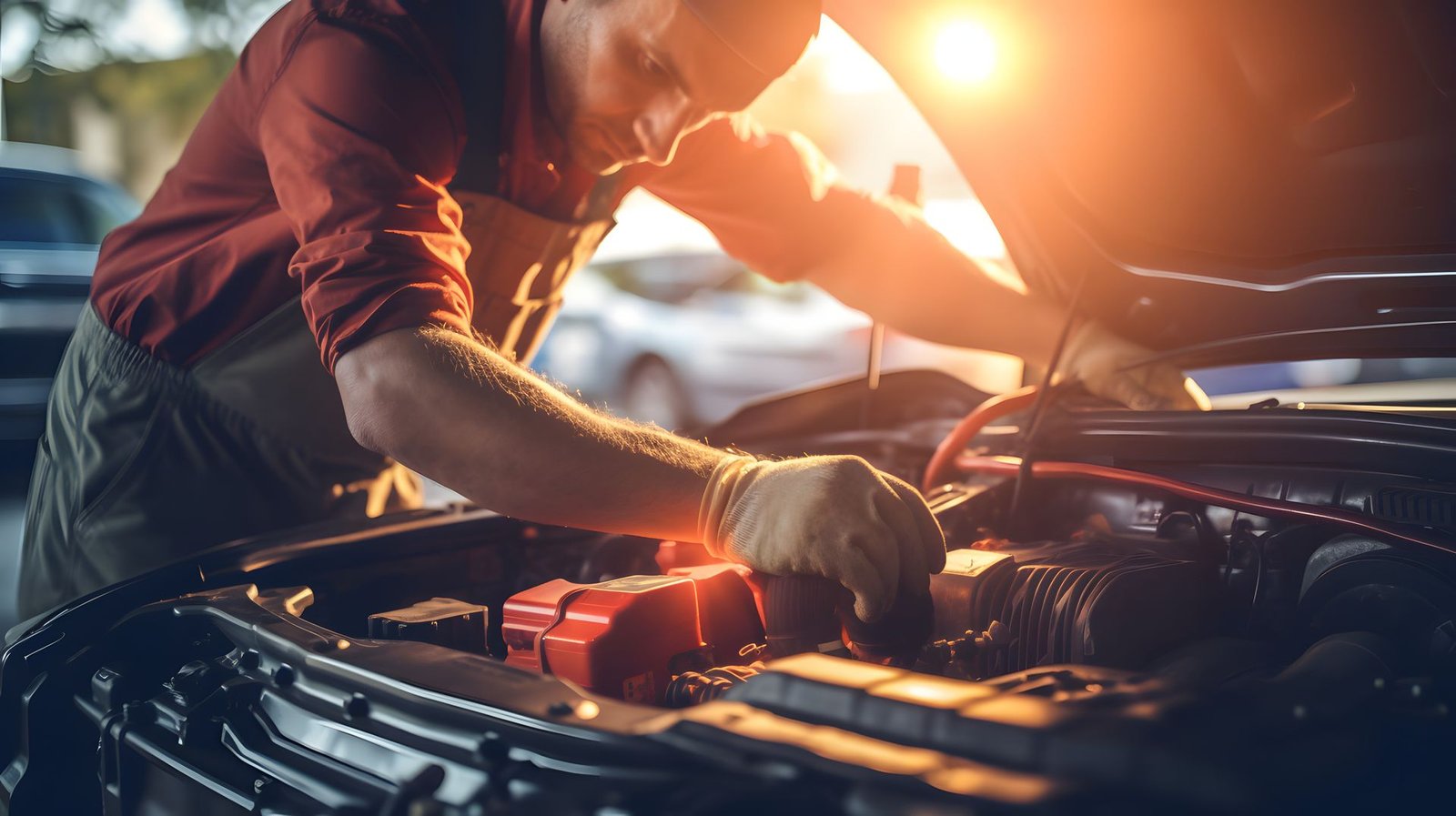Ensuring your vehicle’s engine runs smoothly and efficiently is essential for both performance and longevity. Whether you’re a car enthusiast or just someone who wants to keep their vehicle in top shape, understanding how to maintain and enhance engine performance can lead to a more reliable and enjoyable driving experience. Here’s a comprehensive guide to help you rev up your ride with key tips for optimal engine performance.
1. Regular Oil Changes
Oil is the lifeblood of your engine. It lubricates the moving parts, reduces friction, and helps keep the engine cool. Over time, oil breaks down and becomes less effective. Regular oil changes, typically every 3,000 to 7,500 miles depending on your vehicle and driving conditions, are crucial for maintaining engine health. Use the oil grade recommended by your manufacturer to ensure optimal performance.
2. Keep the Air Filter Clean
The air filter plays a vital role in maintaining engine performance by ensuring that only clean air enters the engine. A clogged or dirty air filter can restrict airflow, reducing engine efficiency and performance. Check your air filter regularly and replace it every 12,000 to 15,000 miles, or more often if you drive in dusty conditions.
3. Maintain Proper Tire Pressure
While it might seem unrelated, tire pressure affects engine performance. Under-inflated tires create more rolling resistance, making your engine work harder and consume more fuel. Regularly check your tire pressure and keep it inflated to the manufacturer’s recommended levels. This simple step can improve fuel efficiency and enhance overall engine performance.
4. Use Quality Fuel
The type of fuel you use significantly affects engine performance. Opt for high-quality fuel from reputable sources to ensure your engine runs smoothly. Avoid low-grade or contaminated fuel, as it can lead to knocking, lower fuel efficiency, and potential long-term damage.
For vehicles that require premium fuel, adhering to the recommended grade is crucial for maintaining optimal engine performance. Additionally, incorporating pressure transducers can help monitor and maintain proper fuel pressure, further enhancing engine efficiency and performance.
5. Check and Replace Spark Plugs
Spark plugs are essential for igniting the air-fuel mixture in the engine’s cylinders. Worn or fouled spark plugs can cause misfires, poor acceleration, and reduced fuel efficiency. Inspect your spark plugs regularly and replace them as needed, typically every 30,000 to 50,000 miles. This simple maintenance task can significantly enhance engine performance and fuel economy.
6. Regularly Inspect and Replace Belts and Hoses
Belts and hoses play critical roles in various engine functions. For instance, the serpentine belt drives components like the alternator and water pump, while hoses carry coolant and other fluids. Regularly inspect these components for signs of wear, such as cracks or leaks. Replace any damaged belts or hoses to prevent engine overheating and other issues that can affect performance.
7. Keep the Cooling System in Check
The cooling system prevents your engine from overheating. Ensure that the coolant levels are adequate and the coolant is in good condition. Over time, coolant can become contaminated or lose its effectiveness. Flushing and replacing the coolant according to your vehicle’s maintenance schedule can prevent overheating and maintain optimal engine performance.
8. Regularly Check the Battery
A healthy battery is crucial for engine performance, especially during starting. Regularly inspect your battery for corrosion and ensure the connections are clean and secure. Replace an aging or weak battery to avoid starting issues and ensure reliable performance.
9. Address Engine Warning Lights Promptly
Modern vehicles are equipped with various sensors that monitor engine performance. If a warning light appears on your dashboard, such as the check engine light, it’s essential to address it promptly. Ignoring these warnings can lead to more severe issues and reduced engine performance. Have your vehicle inspected by a professional to diagnose and resolve any problems.
10. Follow the Manufacturer’s Maintenance Schedule
Your vehicle’s manufacturer provides a maintenance schedule tailored to your specific model. Following this schedule is crucial for optimal engine performance. It includes recommendations for oil changes, filter replacements, and other essential maintenance tasks. Adhering to these guidelines ensures that your engine remains in top condition and performs at its best.
Conclusion
Maintaining optimal engine performance involves regular maintenance, using quality products, and addressing issues promptly. By following these key tips, you can keep your engine running smoothly, enhance fuel efficiency, and extend the lifespan of your vehicle. Regular care and attention to your engine will not only improve performance but also provide a more enjoyable and reliable driving experience. Rev up your ride and enjoy the benefits of a well-maintained engine!
